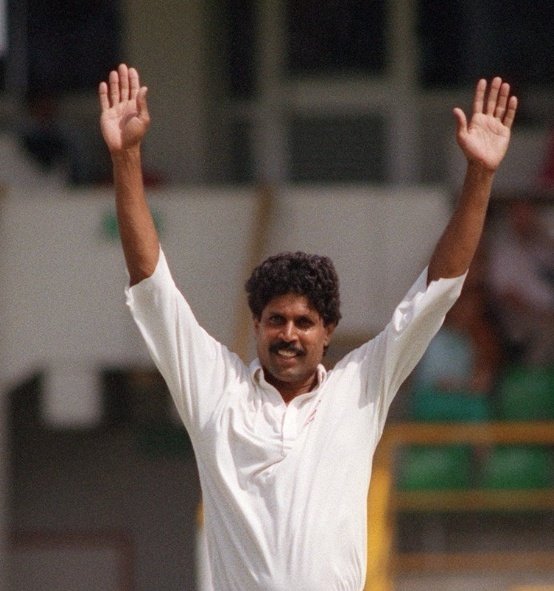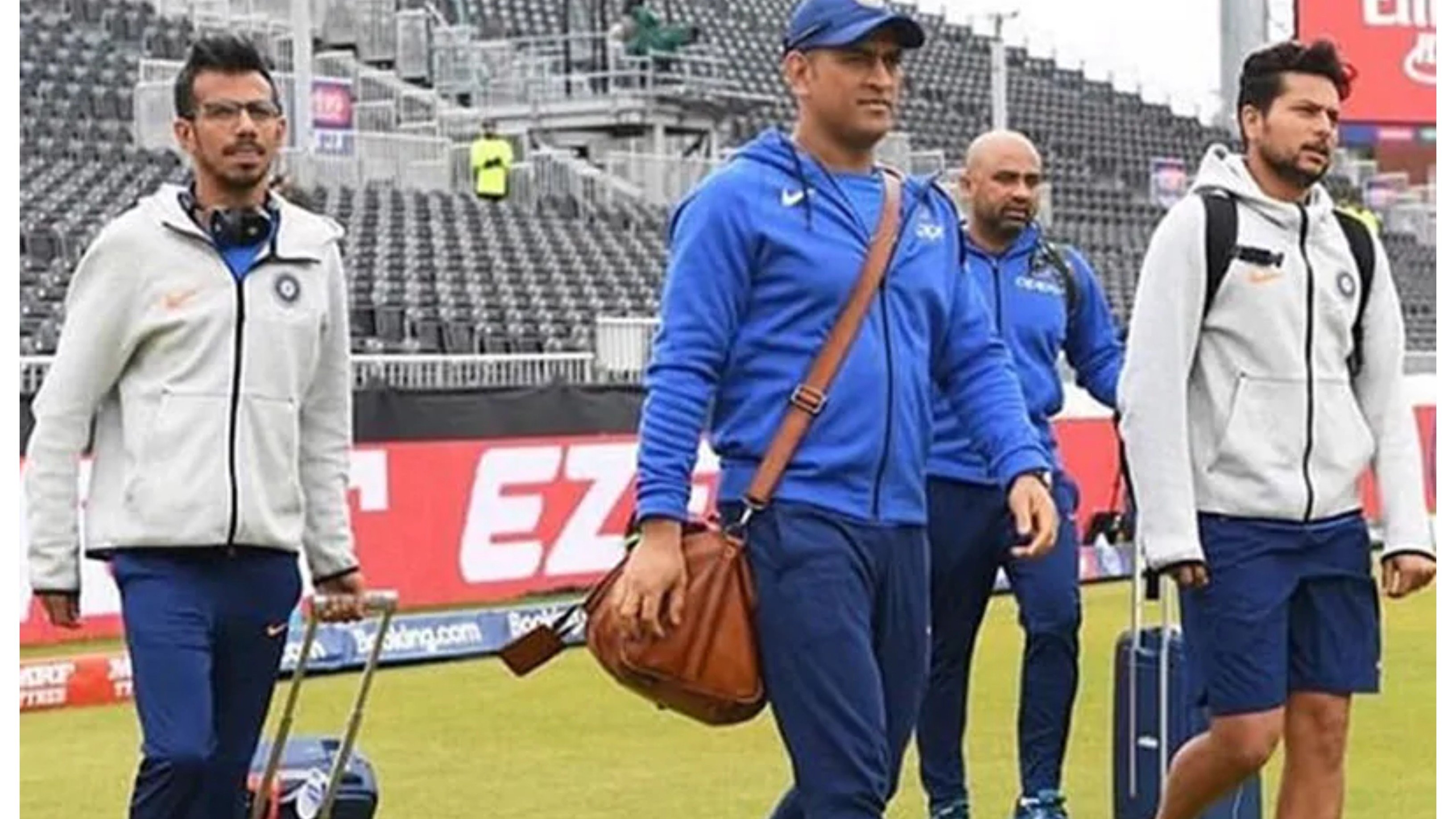 It was a great moment for Indian cricket when playing against Sri Lanka in Ahmedabad in 1994, all-rounder Kapil Dev broke New Zealand great Richard Hadlee's record to pick up his 432nd Test wicket, becoming the holder of the most number of scalps in the format at the time, a record now held by Muttiah Muralitharan.
It was a great moment for Indian cricket when playing against Sri Lanka in Ahmedabad in 1994, all-rounder Kapil Dev broke New Zealand great Richard Hadlee's record to pick up his 432nd Test wicket, becoming the holder of the most number of scalps in the format at the time, a record now held by Muttiah Muralitharan.
However, for a while, Kapil wasn't in the best of form and was nearing the end of his illustrious career, which is why the then selector Anshuman Gaekwad and his partner in the selection committee and another former India batsman, Gundappa Vishwanath, went up to him and discussed with him his future plans and whether those fall in line with their vision for the national team.
Read Also: Kapil Dev explains how 1983 World Cup triumph transformed the face of cricket in India
In a Facebook Live interview for Sportskeeda, Gaekwad recalled the honest discussion he and Vishwanath had with Kapil at the time.
"When Kapil broke Richard Hadlee’s record in Ahmedabad, we had carried him for a while, he had gone pretty slow. But then Vishy and I went and talked to him. We said, ‘congratulations, you have broken the record, but tell us: Now what?’ So that nobody feels embarrassed. These are the interactions you have to have."
"It’s like any player playing for India. Whether it’s Kapil Dev, Anil Kumble, or Tendulkar, anyone, you should be able to perform your duties. Don’t become a liability. If you become one, you have no business to be there."
As it happened, Kapil, the 1983 World Cup-winning captain and an inspiration to many cricketers who went on to have great careers for India, ended his own a month later after turning up in a Test against New Zealand in Hamilton.
The whole incident Gaekwad recalled once again stresses the importance of a selector and the need to have those difficult discussions with a star cricketer when required to ensure the team's progress isn't compromised.
"Your experience as a player and as a selector, your foresight is very important," he said. "You can’t just go by stats or domestic performances. A selector must know whether this XYZ has scored or got a lot of wickets and whether he will be successful at that level."
"This level can be understood only by those who have gone there - the pressure you have to take and the performances you have to give," Gaekwad concluded.


